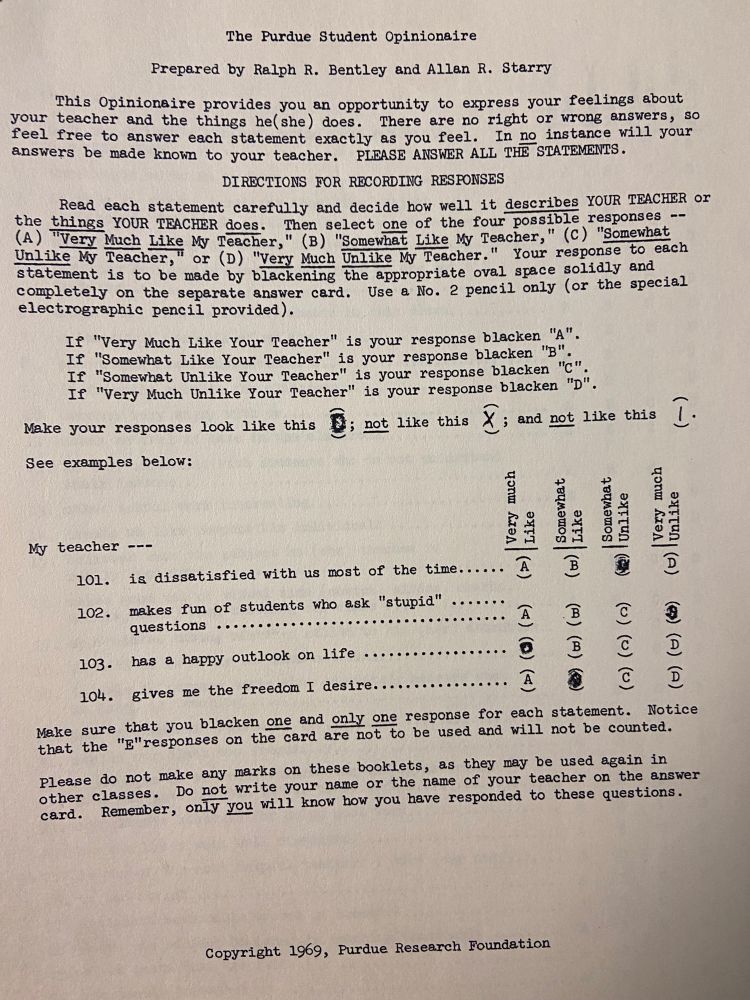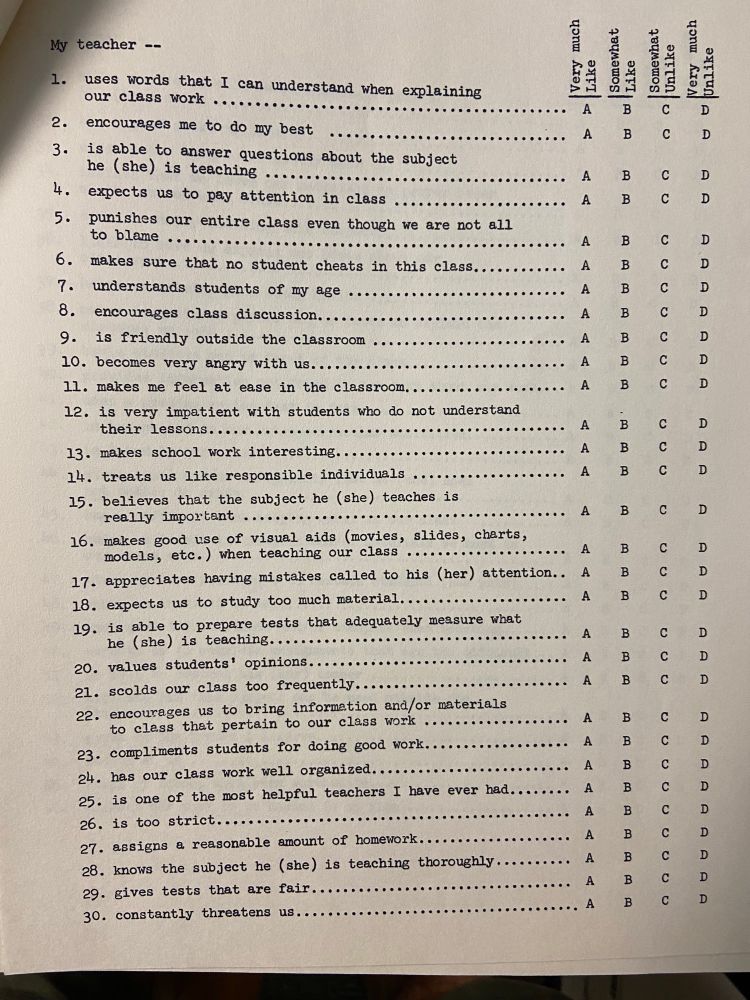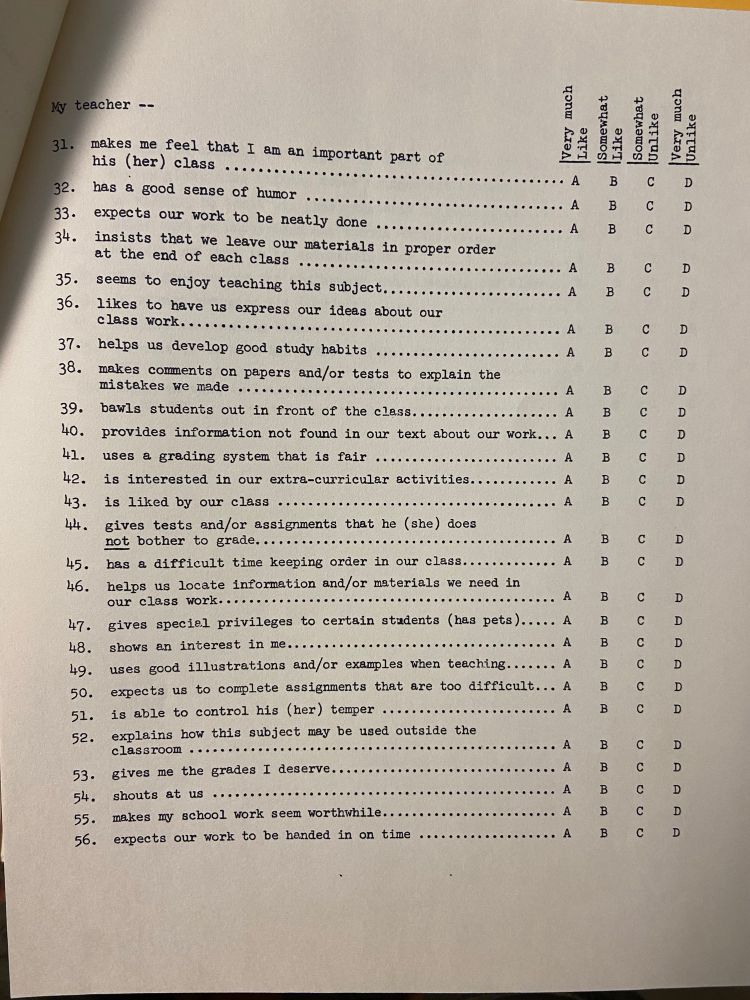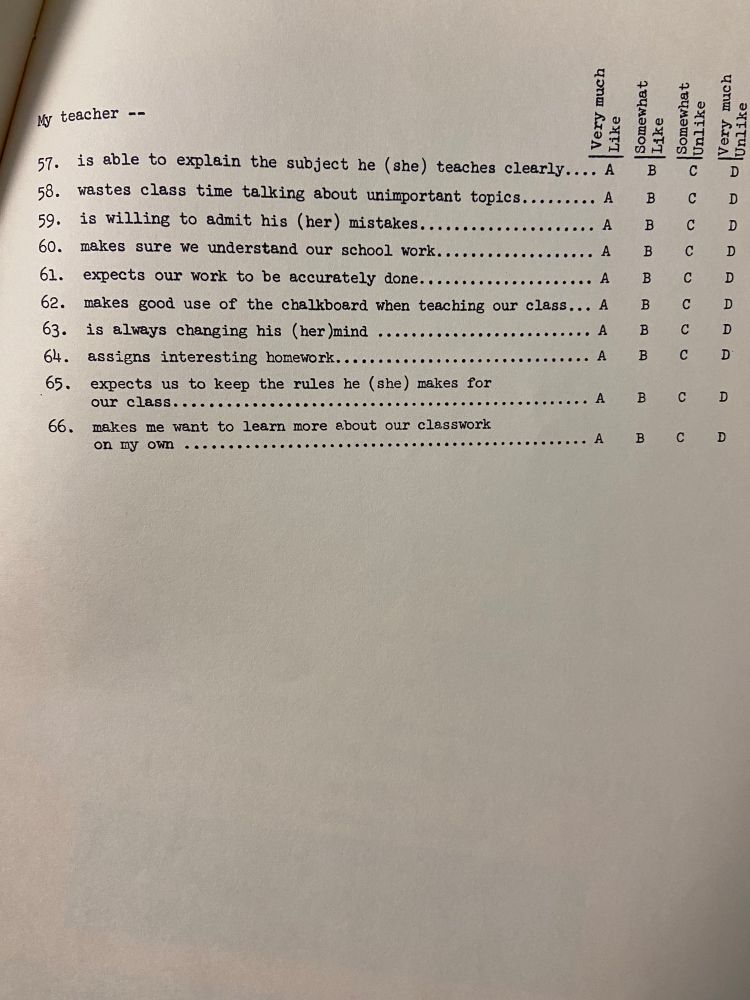


arxiv.org/abs/2509.08862

arxiv.org/abs/2509.08862
arxiv.org/abs/2508.14823

arxiv.org/abs/2508.14823

Read and review new terms of service for X company. Compare and contrast with previous versions. What should I be aware of? What might any consumer be wary of or concerned about?
Read and review new terms of service for X company. Compare and contrast with previous versions. What should I be aware of? What might any consumer be wary of or concerned about?
arxiv.org/abs/2503.11733

arxiv.org/abs/2503.11733

iovs.arvojournals.org/article.aspx...
iovs.arvojournals.org/article.aspx...
arxiv.org/abs/2311.09410

arxiv.org/abs/2311.09410
arxiv.org/abs/2506.24006

arxiv.org/abs/2506.24006





arxiv.org/abs/2506.08872

arxiv.org/abs/2506.08872

DeepSeek spurred smiles and curiosity among many colleagues.
Big hat tip to: @natolambert.bsky.social
www.interconnects.ai/p/latest-ope...

DeepSeek spurred smiles and curiosity among many colleagues.
Big hat tip to: @natolambert.bsky.social
www.interconnects.ai/p/latest-ope...



